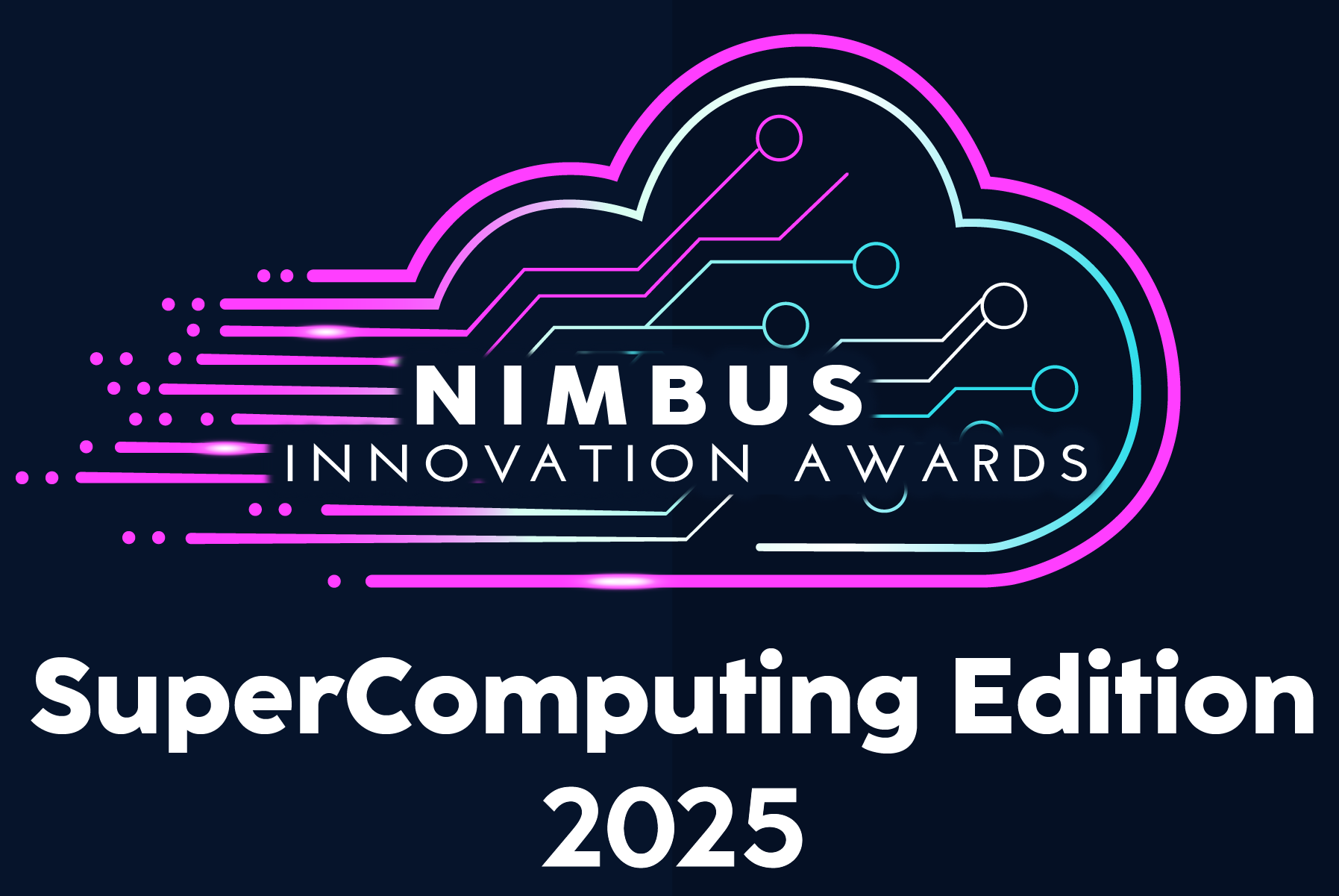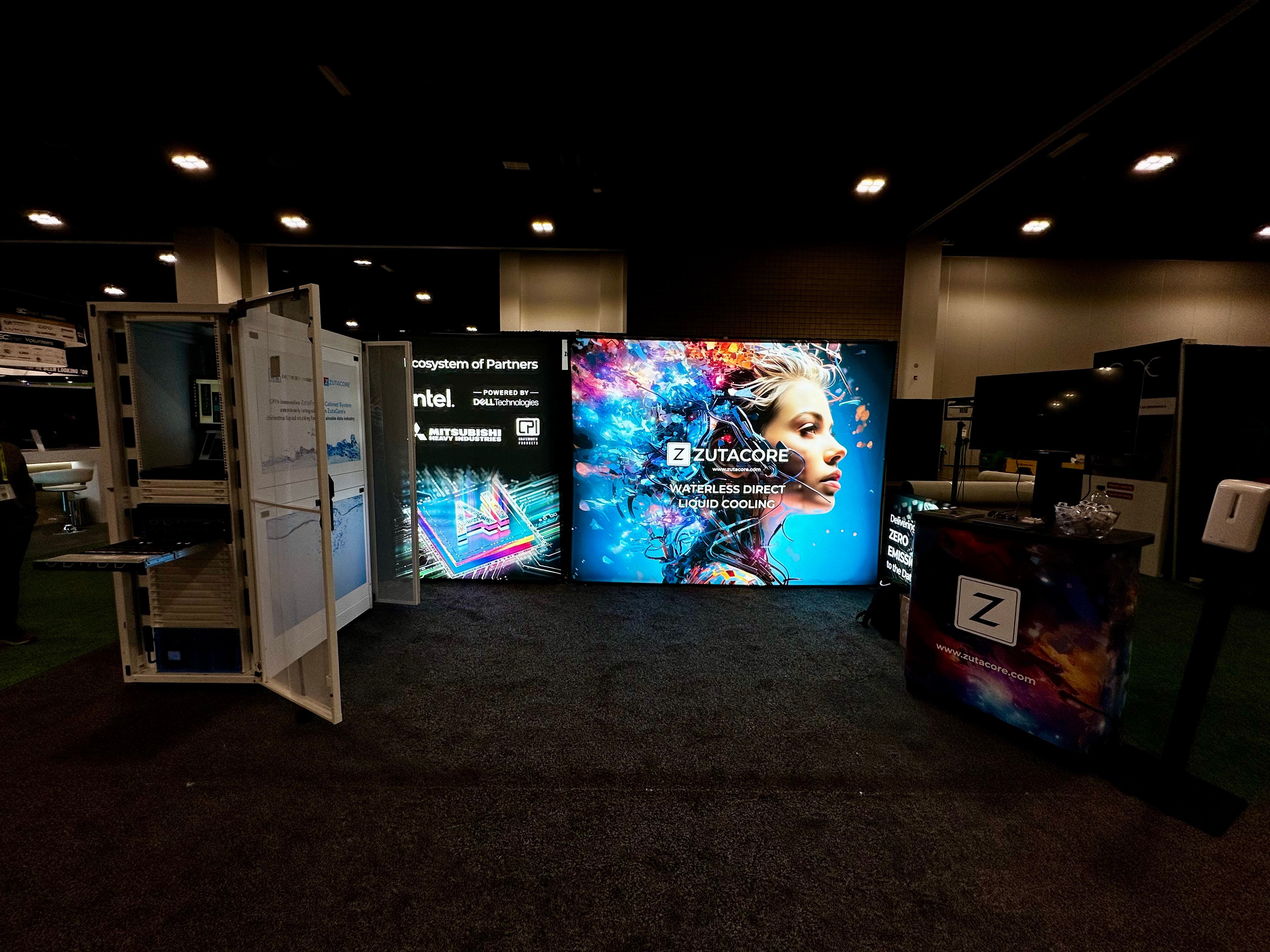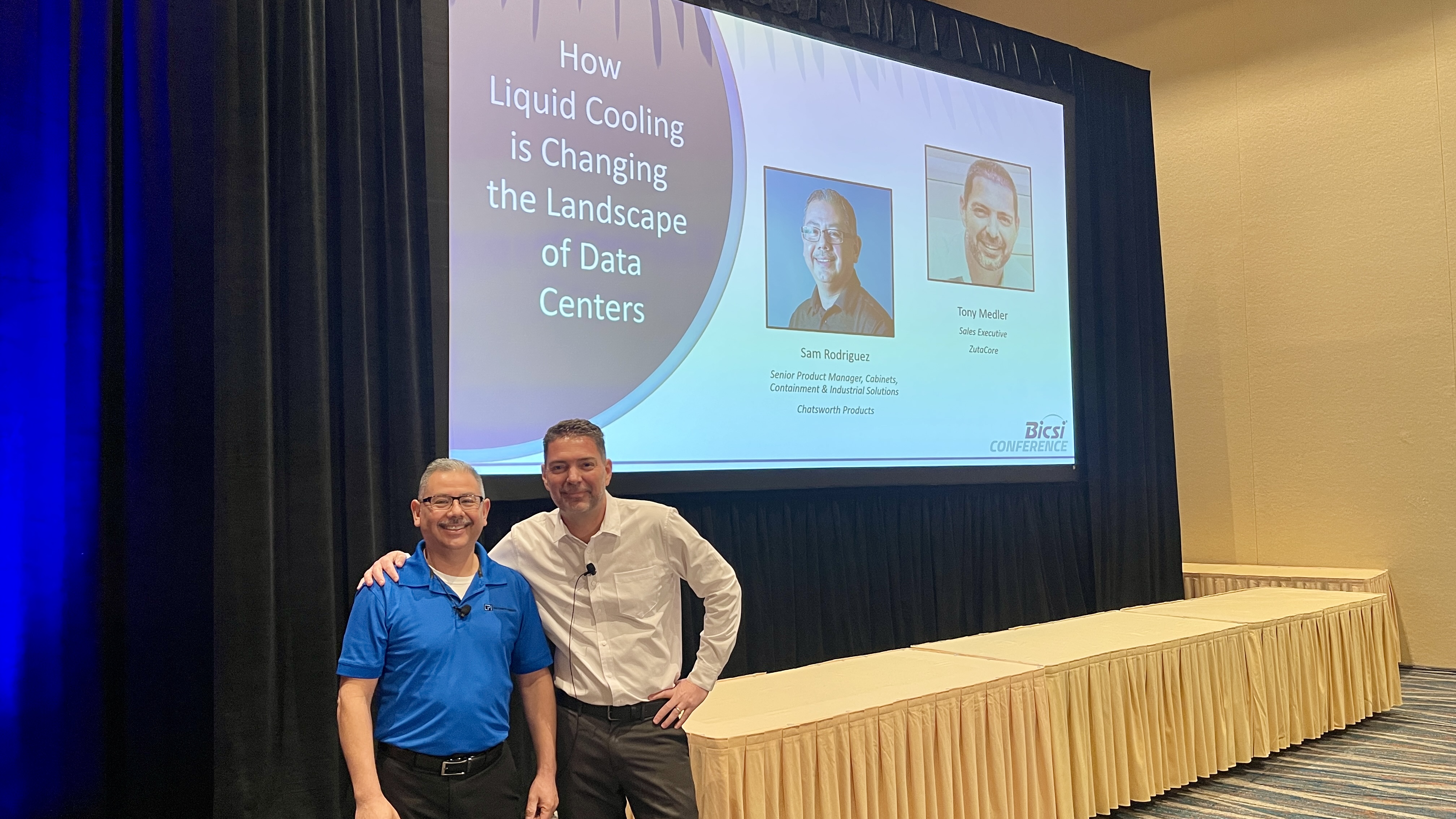2 min read
ZutaCore Wins “Best Supercomputing Cooling Innovation” at ISC 2025
It’s a wrap for the ISC High Performance 2025 Conference and Exhibition in Hamburg, Germany…..and ZutaCore® came home with the Gold! It’s HyperCool®...
2 min read
 Alison Deane
:
Sep 11, 2024 3:50:09 AM
Alison Deane
:
Sep 11, 2024 3:50:09 AM

Like every other higher education and research institution in the world, The University of Münster needed more compute power. Still, it was challenged with how to provide this while controlling its heat, energy consumption, and floor space. This is where ZutaCore®’s direct-to-chip, two-phase liquid cooling solution was a game changer! Compared to other liquid cooling solutions, HyperCool® delivers the most computing power for the money, eliminates the risk of water leakage, and reduces the university’s energy costs.
To learn more about the University’s journey to waterless liquid cooling, University of Münster Case Study that walks through the reasons they chose two-phase technology and the stellar results they are having now that the system is up and running. In fact, after the success of their first HyperCool deployment, the University plans to consider the technology for all future needs – opening a way to accommodate the skyrocketing power requirements of the urgently needed HPC resources in their limited data center real estate. They also plan to consider leveraging HyperCool’s unique heat re-use capabilities where the heat from processors can be used to heat some of the university rooms and buildings. As Jürgen Hölters, the University’s Deputy Head of CIT, pointed out “The possibilities to redirect that heat can deliver a significant environmental impact not only to the University, but to the planet itself as we strive globally for net zero emissions.”
HyperCool Continues to Go Mainstream
The University of Münster is just the latest organization to go “water-free” by leveraging ZutaCore’s two-phase liquid cooling technology. With dozens of HyperCool deployments in production, data centers, hyperscalers, and AI factories are rapidly moving to this technology because it enables them to harness the power of high-performing GPUs and CPUs in an environmentally friendly and sustainable way. Key features of the technology include:
To learn more about HyperCool and how it drives the future of AI sustainability, download this eBook.

2 min read
It’s a wrap for the ISC High Performance 2025 Conference and Exhibition in Hamburg, Germany…..and ZutaCore® came home with the Gold! It’s HyperCool®...

2 min read
ZutaCore HyperCools the Hottest Processors at 1500 Watts and Beyond at Supercomputing (SC) 2023. Liquid cooling technologies took center stage at...

3 min read
ZutaCore and Chatsworth Products (CPI) take the Stage at BISCI 2024 At last week’s Building Industry Consulting Service International (BICSI) Winter...